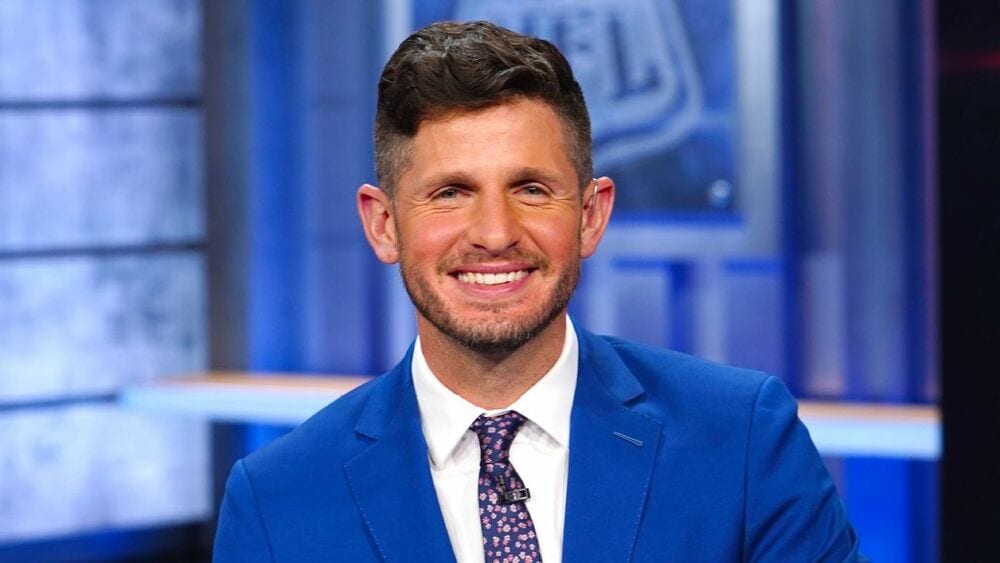On September 6, 1992, a moose hunter named Butch Killian came across an abandoned bus in the middle of the Alaskan wild. Inside the bus, he unfortunately found the remains of Christopher McCandless in a sleeping bag. He had starved to death. McCandless’ story was chronicled in Jon Krakauer’s book Into the Wild and made even more famous by Sean Penn’s 2007 movie of the same title. McCandless romanticized living off the land in the Alaskan frontier with limited resources. His death was the tragic result of being unprepared. Two months before, he had killed a moose; however, he was unable to preserve the meat. He had leaned on the expertise of hunters from South Dakota on preserving meat after a kill; however, meat in South Dakota is preserved differently than in Alaska. In Alaska, meat must be cut into thin strips while trying to preserve it in the field. The information he based his life on was wrong, and it cost him.
Similarly, teenagers receive a lot of information to help guide their lives. But believing the wrong information, or lies, has a significant cost. We need to fill our teens with the truth so they can make choices that are life-giving. Here are 4 dangerous lies teenage boys believe.
1. “My value is based on my achievements.”
They believe they are only as good as their last game, grade, compliment, and trophy. Those who buy into this lie live with a particular kind of anxiety every day. Fear of failure and affirmation is the driving force. When failure arrives, it defines them. They constantly compare themselves to others and never feel good enough. The others all have the key to success that he does not have.
2. “Losing my virginity will make me a man.”
This is looked at as a rite of passage. When their peers start having sex, teens who haven’t feel as though they are left behind, as if their friends have become men and they’re still boys. Sadly, for teenage boys, sex then becomes as a goal to achieve like getting a driver’s license or getting into college. The true design, context, and beauty of sex gets lost in a misguided quest for manhood. This lie leaves battered and bruised hearts in its wake.
3. “I need to have it all together.”
They believe they should have all the answers and not have any struggles. Be strong at all times, conquer every challenge, and meet every requirement. When things get difficult, man up and take care of business. Anything less may define them as weak. This is an isolating and stress-filled road that I’ve seen many teenage boys walk. They feel pressure from teachers, coaches, and parents. What happens more often is they work harder at upholding an image of strength and competency, rather than the actual thing. Maturity and growth end up being stunted because they are projecting an image.
4. “The value of a man is in his net worth.”
Teenage boys don’t make a lot of money, but this lie finds roots in the teenage years. The people our culture defines as “successful” or “doing well” are always people who make a lot of money. When they believe this lie, they will seek out vocations that earn a high wage rather than where their talents and passions lead. They potentially miss doing things that are more fulfilling. Another fallout is their attitude toward the poor or even themselves when they earn a lower wage. Integrity gets thrown in the trash pretty quickly when a boy believes his personal worth is found in the size of his bank account.
Sound off: Are there any other lies teenage boys believe to add to the list?











Huddle up with your kids and ask, “How do you tell whether or not something is true?”